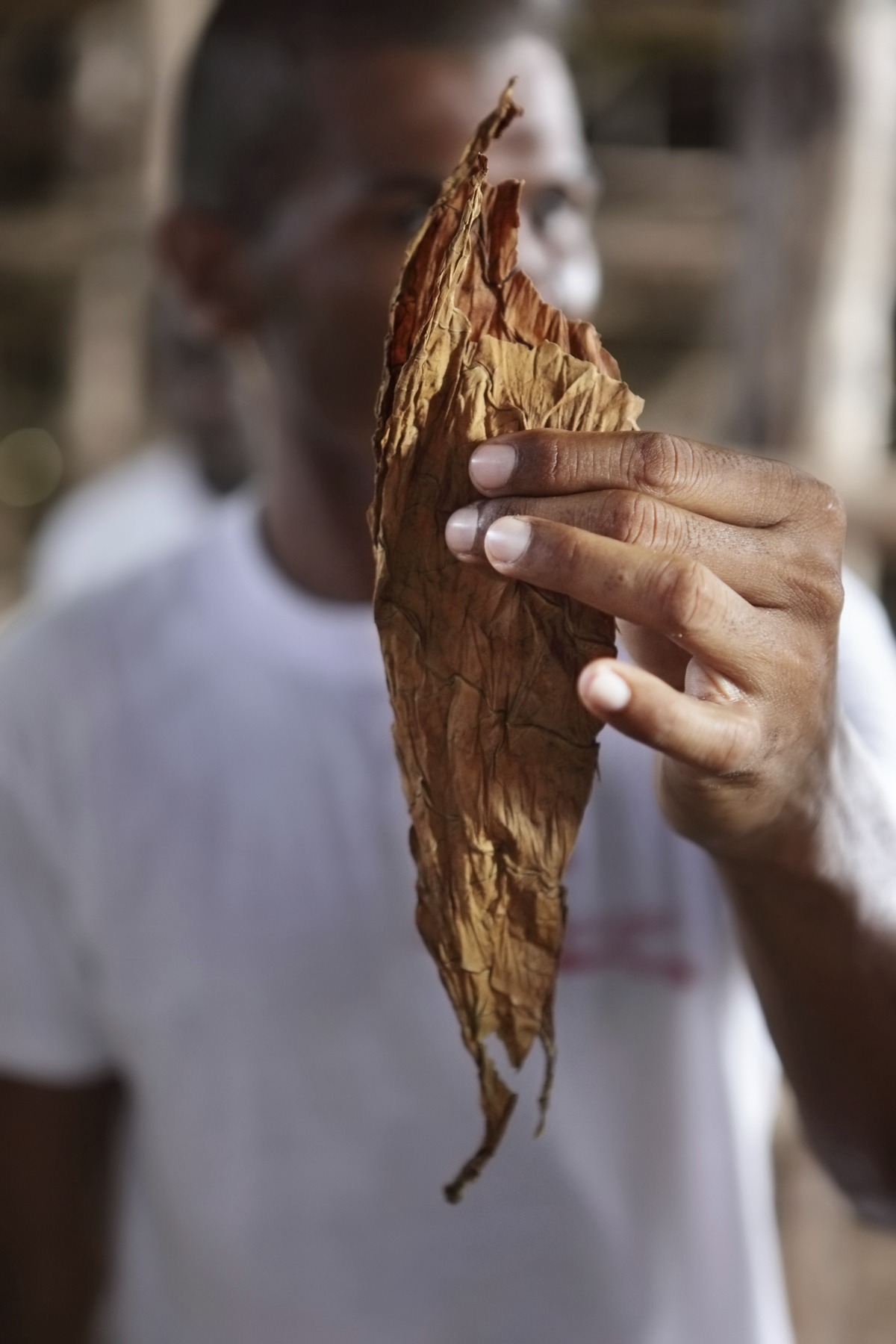| ←Bible Study Colossians | Overview | Pick an Issue→ |
|---|
 By Daniele Schmidt Peter
By Daniele Schmidt Peter
Leading a good life means fostering good relationships. We can see this in the way in which we relate to colleagues, family, and friends. Friendships help us to live happily. With regard to the environment, the way in which we relate to the soil and to nature, the type of agriculture we practice, and the type of food we buy can either help humanity grow or bring about a crisis. Our way of life and nature’s suffering are connected.
The Importance of Family Farms
The earth gives us all that we need. The farmers in southern Brazil, where entire families work on the farm and find a way to survive, have internalized this knowledge. They produce vegetables, fruits, beans, milk, etc., all part of a typical Brazilian meal. Life is simple and the access to and proximity of nature brings tranquillity to the people. Breathing fresh air, combined with smelling the green forests, meadows and flowers, renews those who come from the cities.
According to statistics, 42 million smallholdings produce seventy percent of the food consumed in Brazil. The strong connection between smallholders and the production of food changed in southern Brazil when farmers increasingly began to plant tobacco. Tobacco now accounts for almost 100 percent of the agricultural production in this region. What does tobacco mean for the farmers, for nature and for the entire community?
The False Hope of Tobacco
In southern Brazil, tobacco was regarded as an opportunity for agriculture to expand. In times when large numbers of rural workers migrated to the big cities because farming could no longer sustain them, cultivating tobacco enabled farmers to survive in the countryside, even on a small plot of land. Therefore, large companies built tobacco plants and many people started cultivating tobacco. This shift to tobacco has changed agricultural techniques and has led to a new relationship with the soil. Families who for generations had worked in food production switched to monoculture.
While tobacco has brought hope to the region it has also caused health problems. Toxic pesticides contaminate the soil and waterways and affecting the region’s biodiversity. Wood is required in the production of tobacco, and producers are encouraged to plant eucalyptus trees which are native to Australia. However, the eucalyptus needs a lot of water to survive; this causes the soil to dry out which subsequently leads to erosion. Ironically, the production of tobacco impacts nature in much the same way as its consumption affects the health of human beings.
Developing Sustainable Agriculture
In order to overcome these problems, the Brazilian government has started programs that are supposed to guarantee the sustainability of production , marketing and support the social organization of farmers in the region.
The first step of this development strategy has been successful, and the reality of some tobacco producers is beginning to change. The establishment of cooperatives helps farmers to deal with the challenges resulting from agricultural modernization.
There are several examples of programs to support the transition to ecological food production. These programs are not only directed at farmers who are currently producing food but also at those who would like to switch from growing tobacco to growing food. Rural organizations help farmers to conserve their own seeds, improve production, and develop marketing strategies.
One of the problems arising from increased production is that the actual market is not sufficiently large. For many families it will not be possible to stop growing tobacco until an alternative source of income is found. Therefore, while the new programs are changing the lives of many families, for others growing tobacco remains the only means of survival in the rural areas. The challenge is to help the wider population recognize the importance of the farmers, the necessity to preserve land, water and air, and the whole environment by stopping the use of toxic products.
If we want to support these initiatives, we have to remember that just by buying organic produce we can make a difference. If we can make a difference in our homes, then we can do it in the world.
Daniele Schmidt Peter (born 1986) works for CAPA, a rural development organization of the Evangelical Church of the Lutheran Confession in Brazil. She was an intern with youth desk of the Lutheran World Federation in 2010.
| ←Bible Study Colossians | Overview | Pick an Issue→ |
|---|
